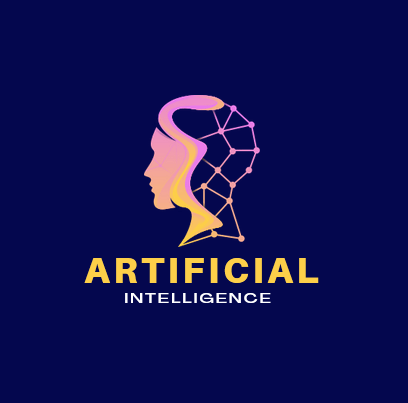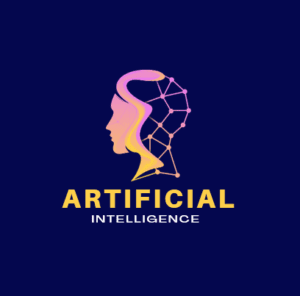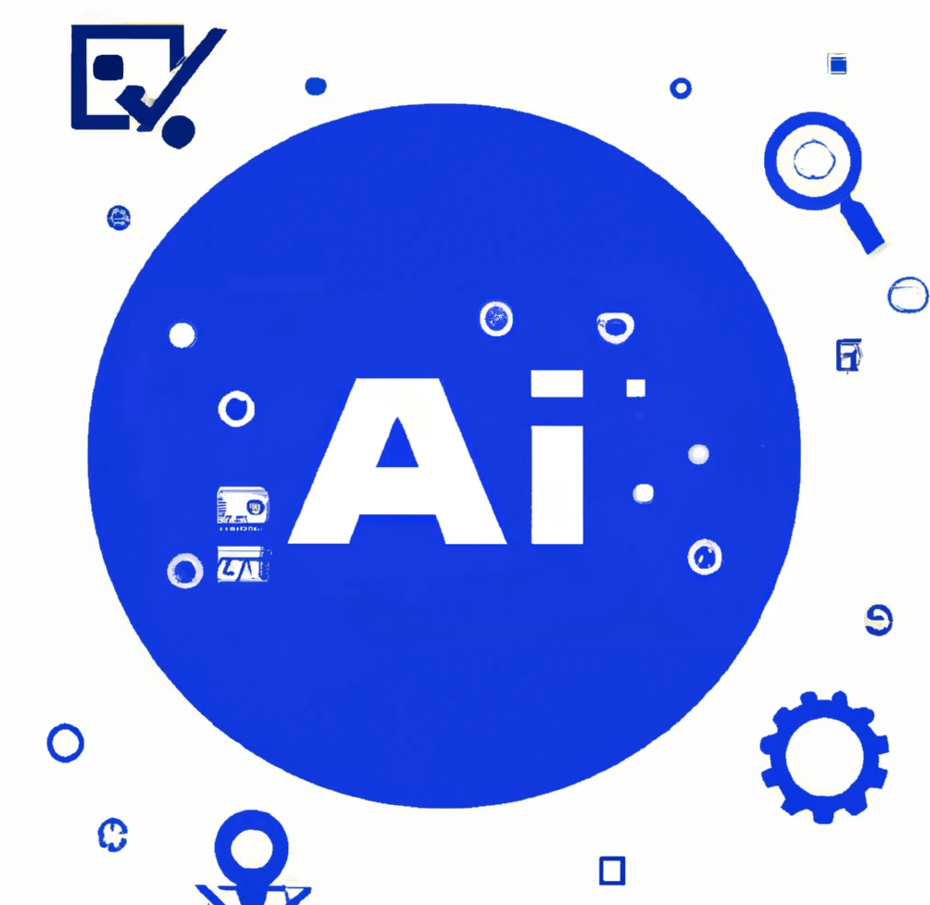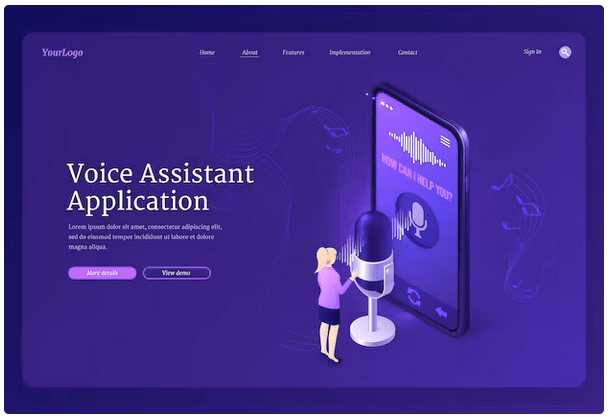
How to Get a Job in AI Field

Artificial Intelligence (AI) is transforming industries, creating a growing demand for skilled professionals in the field. Whether you’re a recent graduate or a seasoned professional looking to switch careers, this guide will provide you with a step-by-step roadmap on how to get a job in AI.
Introduction about job in AI
Getting a job in the field of Artificial Intelligence (AI) can be a rewarding and exciting career move. AI is a rapidly evolving field with high demand for skilled professionals. Here are the steps to help you get a job in the AI field:
Getting a job in the field of Artificial Intelligence (AI) can be a rewarding and exciting career move. AI is a rapidly evolving field with high demand for skilled professionals. Here are the steps to help you get a job in the AI field:
- Understand the Basics of AI
- Get the Necessary Education
- Develop Technical Skills
- Build a Strong Portfolio
- Take Online Courses
- Participate in Competitions
- Network in the AI Community
- Apply for AI Jobs
- Prepare for Interviews
What skills do you need to get a job in AI?
The specific skills you need to get a job in AI will vary depending on the specific job you are applying for. However, there are some general skills that are essential for all AI professionals, such as:
- Programming skills: Most AI jobs require strong programming skills in languages such as Python and R.
- Mathematics and statistics skills: AI professionals need to have a strong foundation in mathematics and statistics in order to understand and develop AI algorithms.
- Machine learning skills: Machine learning is a core component of AI, so it is important for AI professionals to have experience with machine learning algorithms and techniques.
- Data science skills: Data science is another important skill for AI professionals, as it involves collecting, cleaning, and analyzing data to extract insights.
- Problem-solving skills: AI professionals need to be able to think critically and solve complex problems.
- Communication skills: AI professionals need to be able to communicate their ideas clearly and concisely to both technical and non-technical audiences.
How to build your AI skills
There are many ways to build your AI skills. Here are a few tips:
- Take online courses and tutorials: There are many online resources available to help you learn AI skills. Online platforms like Coursera, edX, and Udacity offer courses from top universities.
- Work on AI projects: The best way to learn AI is by doing. Try to find AI projects to work on, either personal projects or projects at your current job.
- Contribute to open source AI projects: There are many open source AI projects that you can contribute to. This is a great way to gain experience working on real-world AI problems.
- Attend AI meetups and conferences: This is a great way to learn about the latest AI trends and technologies, and to network with other AI professionals.
- Start by learning the fundamental concepts of AI, including machine learning, neural networks, and deep learning. Explore online courses, books, and tutorials to gain a solid understanding.
- Additionally, become proficient in programming languages like Python and R, which are commonly used in AI development. Learn popular AI frameworks like TensorFlow and PyTorch to build and deploy AI models.
- AI heavily relies on mathematics and statistics. Strengthen your foundation in areas such as linear algebra, calculus, probability, and statistical modeling. A strong grasp of these subjects will be invaluable in AI-related work.
- Practical experience is essential. Begin with small AI projects and gradually move on to more complex ones. Share your work on platforms like GitHub to build a portfolio that showcases your skills and capabilities.
How to create a portfolio of your work
Once you have some AI skills and experience, it is important to create a portfolio of your work. This could include your projects, blog posts, or even just code snippets. Your portfolio will show potential employers what you are capable of and help you to stand out from other candidates.
How to network with people in the AI industry
Networking is a great way to learn about AI job opportunities and to connect with people who can help you get your foot in the door. Here are a few tips for networking in the AI industry:
- Attend AI meetups and conferences: This is a great way to meet other AI professionals and learn about the latest AI trends and technologies.
- Connect with people on LinkedIn: LinkedIn is a great platform for connecting with AI professionals and learning about AI job opportunities.
- Join AI online communities: There are many online communities for AI professionals, such as Reddit and Slack. These communities can be a great place to ask questions, learn from others, and network with potential employers.
- Networking is crucial in any career. Attend AI conferences, seminars, and local meetups to connect with professionals in the field.
- Additionally, participate in AI-related online communities, forums, and social media groups to engage in discussions, learn from others, and expand your network.
How to apply for AI jobs
When applying for AI jobs, it is important to tailor your resume and cover letter to each specific job you apply for. Be sure to highlight your AI skills and experience, and explain why you are interested in the specific job you are applying for.
Here are some additional tips for applying for AI jobs:
- Be prepared to talk about your skills and experience in AI. In interviews, be able to articulate your understanding of AI concepts and your experience working with AI tools and technologies.
- Be passionate about AI. Employers want to hire people who are excited about AI and its potential. Show your passion for AI in your interviews and in your work.
- Be willing to learn. The field of AI is constantly evolving, so it’s important to be willing to learn new things. Show employers that you are eager to stay up-to-date on the latest AI trends and technologies.
Additional tips for getting a job in AI
Here are a few additional tips for getting a job in AI:
- Be patient. It may take some time to find the right job in AI for you. Don’t get discouraged if you don’t land your dream job right away.
- Keep learning. The field of AI is constantly evolving, so it’s important to
Conclusion
Securing a job in the AI field is both a challenging and rewarding journey. As the demand for AI professionals continues to grow, so does the competition. However, with the right education, skills, and determination, you can position yourself for success. Your path to an AI career should involve continuous learning, practical experience, and active networking within the AI community.
AI is a dynamic and evolving field, and as an aspiring AI professional, your ability to adapt and stay up-to-date with the latest developments is crucial. The foundation you build, the projects you create, and the connections you establish will play pivotal roles in your success.
Remember, the AI field is not limited to any one industry; it spans across multiple sectors, opening doors to diverse and exciting career opportunities. Whether you’re interested in healthcare, finance, robotics, or any other domain, AI professionals are in demand everywhere.
In your journey to secure a job in AI, keep your passion for the field at the forefront. Showcase your enthusiasm, adaptability, and problem-solving skills during interviews. Stay motivated, persevere through the challenges, and celebrate your successes along the way.
With the right combination of knowledge, skills, and determination, you can unlock the doors to a fulfilling and impactful career in the ever-evolving world of artificial intelligence. Your journey begins with the decision to learn, explore, and make your mark in this exciting field.
Frequently Asked Questions
1. What educational background is necessary to start a Job in AI?
- A bachelor’s degree in computer science, data science, mathematics, or a related field is a common starting point. However, more advanced roles often require a master’s or Ph.D. in AI or a related discipline.
2. What are the essential technical skills for AI job seekers?
- Essential technical skills include proficiency in programming languages like Python, knowledge of AI frameworks like TensorFlow and PyTorch, and strong mathematical and statistical skills. Understanding machine learning and deep learning algorithms is crucial.
3. Can I break into the AI field without a formal education in computer science or related fields?
- Yes, it’s possible to break into the AI field without a formal computer science education. Self-study, online courses, and certifications can help bridge the knowledge gap. A strong portfolio of AI projects can demonstrate your skills to potential employers.
4. What’s the role of AI certifications in the job search process?
- AI certifications, such as the TensorFlow Developer Certificate, can be valuable in demonstrating your expertise in specific AI technologies. While not always a requirement, they can help make your resume stand out to potential employers.
5. How can I gain practical experience in AI?
- Building a portfolio of AI projects is an effective way to gain practical experience. Consider contributing to open-source projects, participating in AI competitions, or securing internships to get hands-on experience.
6. Where can I find AI job openings?
- AI job openings can be found on company websites, job search platforms like LinkedIn, Indeed, and Glassdoor, and AI-focused job boards. Networking at AI conferences and meetups can also lead to job opportunities.
7. Are AI jobs limited to tech companies, or can I work in other industries?
- AI professionals are in demand across various industries, including healthcare, finance, automotive, and e-commerce. AI is not limited to tech companies; many sectors are integrating AI into their operations.
8. How important is networking in the AI job search process?
- Networking is crucial in the AI job search. Attending AI conferences, meetups, and webinars can help you connect with professionals and stay updated on industry trends. Networking can also lead to job referrals and collaborations.



